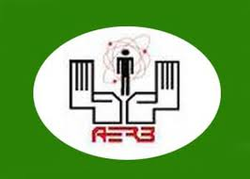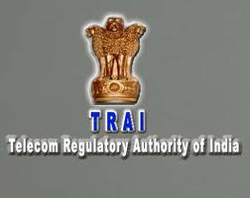Mise à jour : 3 septembre 2012 (Rédaction initiale : 31 août 2012 )
Sur le vif

Mise à jour : 29 mai 2012 (Rédaction initiale : 16 mai 2012 )
Sur le vif

Mise à jour : 14 mai 2012 (Rédaction initiale : 6 mai 2012 )
Sur le vif

Mise à jour : 3 septembre 2012 (Rédaction initiale : 31 août 2012 )
Sur le vif

Mise à jour : 29 mai 2012 (Rédaction initiale : 16 mai 2012 )
Sur le vif

Mise à jour : 14 mai 2012 (Rédaction initiale : 6 mai 2012 )
Sur le vif
